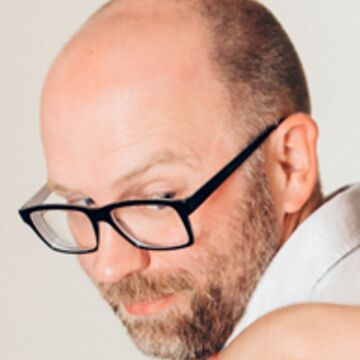

Michael R. Paradiso-Michau
Lecturer
Contact
Bio
Education: Michael Paradiso-Michau, Lecturer, Liberal Arts (2014). BA, Philosophy, Lewis University (1999); MA, Political and Justice Studies, Governors State University (2001); MA, Philosophy, Purdue University (2003); PhD Philosophy and Literature, Purdue University (2008); M.Ed., Secondary Education, Loyola University Chicago (2020). Publications: Articles and chapters on Continental European philosophy (phenomenology, deconstruction, critical social theory, and religious existentialism); critical race theory; ethical and political theory; philosophy of liberation; and literature (sacred scriptures, ancient Greek tragedy, and postmodern literature). Current projects include an edited volume, Creolizing Frankenstein (Lanham, MD: Rowman & Littlefield International, forthcoming).